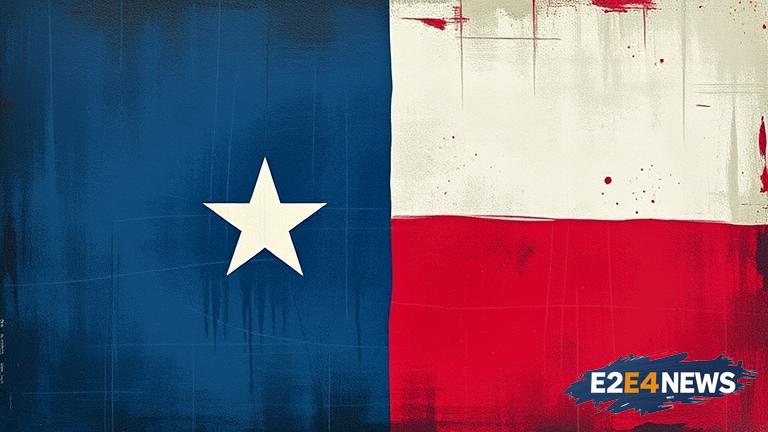Texas Governor Greg Abbott has signed a bill into law that restricts social media censorship, allowing users to sue platforms for unfair removal of content. The bill, which was passed by the Texas Legislature, aims to prevent social media companies from censoring users based on their viewpoints. The law applies to social media platforms with more than 50 million monthly active users, which includes major platforms such as Facebook, Twitter, and YouTube. Under the law, users can sue social media companies if they believe their content was removed unfairly or if they were banned from the platform without a valid reason. The law also requires social media companies to disclose their content moderation policies and to provide users with a clear explanation of why their content was removed. Social media companies will also be required to provide users with an appeals process to dispute the removal of their content. The law has been praised by conservatives who argue that social media companies have been censoring their viewpoints, but it has been criticized by others who argue that it will lead to the spread of misinformation and hate speech. The law is set to go into effect on December 2, 2021. The signing of the bill into law is a significant development in the ongoing debate over social media censorship and the role of technology companies in regulating online speech. The law is likely to have implications for social media companies and their content moderation policies, and it may also have implications for users who rely on these platforms to express themselves. The law has been supported by several Republican lawmakers who argue that it is necessary to protect the free speech rights of Texans. However, the law has also been criticized by several Democratic lawmakers who argue that it will lead to the spread of misinformation and hate speech. The law is also likely to face legal challenges from social media companies and other groups who argue that it is unconstitutional. Despite the potential challenges, the law is a significant development in the ongoing debate over social media censorship and the role of technology companies in regulating online speech. The law is likely to have implications for social media companies and their content moderation policies, and it may also have implications for users who rely on these platforms to express themselves. The signing of the bill into law is a significant victory for conservatives who have been arguing that social media companies have been censoring their viewpoints. However, the law is also likely to face opposition from several groups who argue that it will lead to the spread of misinformation and hate speech. The law is set to go into effect on December 2, 2021, and it will be interesting to see how social media companies respond to the new regulations. The law is likely to have significant implications for the future of social media and the role of technology companies in regulating online speech.
